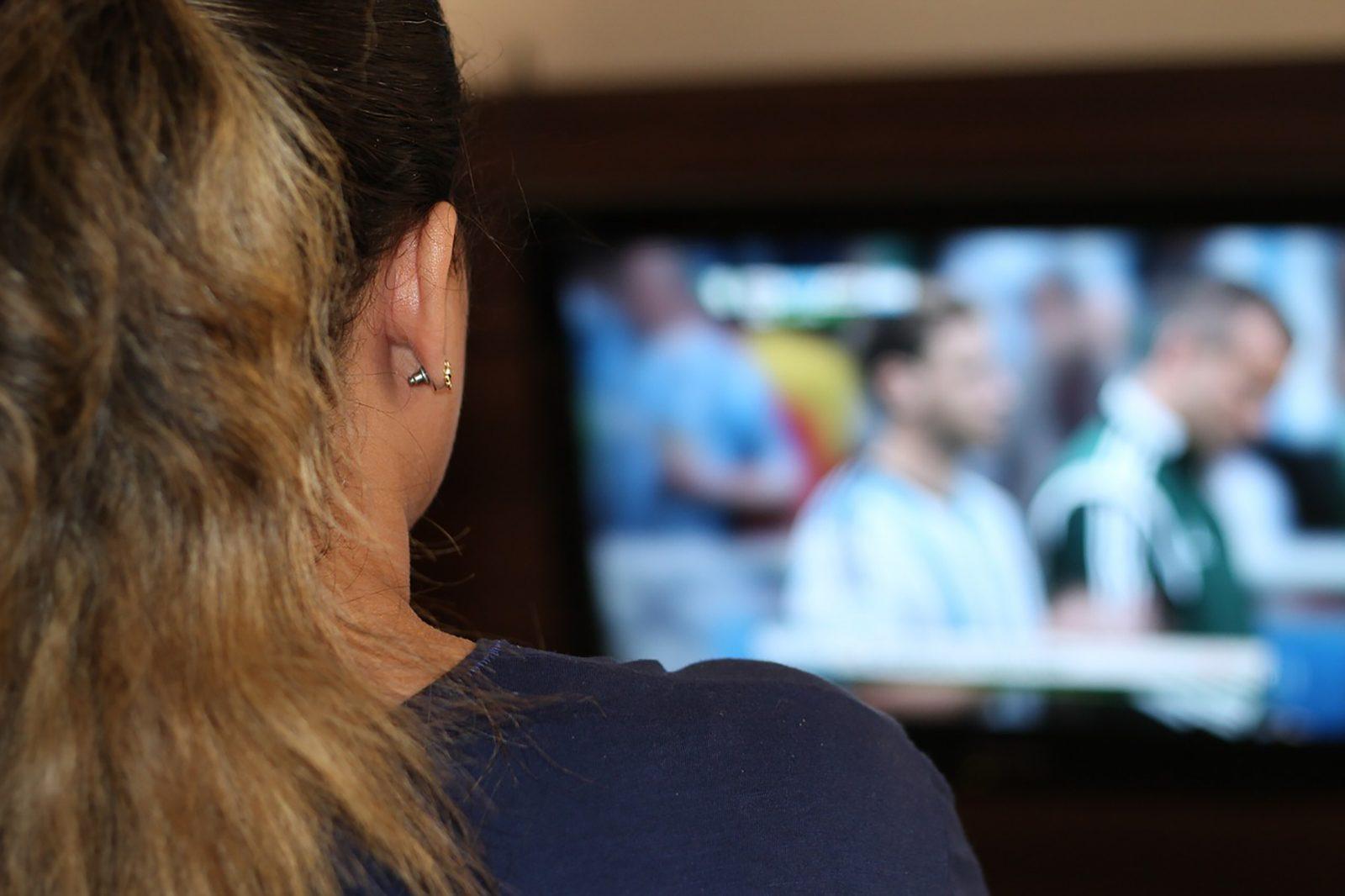“Modern Family” has dominated the sitcom scene in almost every award season since 2009. The comedy features the standard American family with one token minority character, Gloria. Her accent, customs and grammar are a constant source of laughter cues that Modern Family relies on to garner the ratings it has continued to keep high.
Recently, we’ve seen the emergence of several shows centered on African-American, Indian or Asian-American families. These sitcoms, though bringing a spotlight to minority groups, rely on the stereotypes affiliated with each minority to write scripts off of. While it is good that shows featuring certain races are becoming contenders in the Emmy race, many ethnicities and religions are still being ignored. Even when these groups are featured through a background character, guest star or small role, they are still being connected to stereotypes that only apply to a small portion of the whole demographic.
Five television creators, producers, actors, writers and filmmakers convened in New York to discuss the relevance of Muslim characters on TV and if they’re being treated fairly by the industry, according to an article from The New York Times. The general consensus was that American television undoubtedly contributes to the hateful stereotypes associated with Muslims.
Muslims, approximately one percent of the U.S. population as of 2015, are a group that has been unfairly represented in film and television. When portrayed, which is already rare, Muslim-Americans are almost always connected to terrorism. The media has contributed to widespread xenophobia of the Muslim population because its characters on television rarely have other storylines.
Aasif Mandvi, the creator of comedy “Halal in the Family,” said, “As an artist, you want to stay true to the narrative, and sometimes that goes against your activist agenda, which is to promote this positive image of Muslims.”
Cherien Dabis, a filmmaker of “Amreeka,” said, “When I took [my show] into the marketplace, every suggestion was that I needed to have some kind of terrorist component. Ultimately I ended up incorporating it in a way that looked at false accusations of terrorism. I lost interest in my own show.”
You rarely see a Muslim character on television as a three-dimensional character. Most actors are brought in when the story arc includes a terrorist attack, which says a lot about American television. We put emphasis on a small group of people and use them to represent a much larger group. When audiences see a Muslim character on television, they assume what they’ve been regulated to expect.
While seeing more of minorities on television is necessary, there is a fine line. Misrepresentation could create a false sense of equality that certain minority groups, in reality, do not have in this country. Casting Muslim characters outside of the terrorist stereotype could put people under the false impression that the stereotype no longer exists. Americans should have an accurate portrayal of Muslim-Americans but we shouldn’t be de-stigmatizing the religion by the TV shows we watch.
Dramas like “Grey’s Anatomy” and “Scandal” feature successful women and powerful female protagonists but that is not the reality of gender roles in America. We live in a country where women make less than men for the same job and are still looked down upon for pursuing careers. Television shows should not have the power to erase these divides that should have more focus.
The media has a huge amount of influence on the audiences sitting in front of their TVs with bowls of popcorn in their laps each evening. The people in charge believe that they produce what the audience wants, but since the audience builds a taste off of what is already being produced, a cycle of predominantly white television generates and continuously flows. Television has a responsibility to elicit truth about humanity and America, yet what we see is not accurate, but rather the culture we want to see.
A huge step toward incorporating minority races and religions into primetime TV and award-winning films has already been taken. The thoughts, questions and conversations surrounding the topic are noteworthy. Heated discussions and attention from the media are slowly moving this industry in the right direction. Sometimes, representation is about the small things.






















































































































